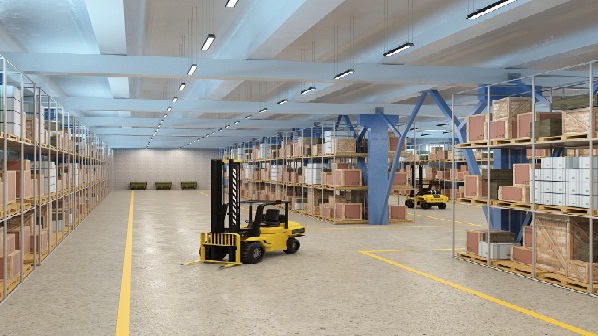Companies in need of warehousing services are often unsure whether they should choose dedicated warehousing or shared warehousing to meet their needs.
While business owners may not believe there is much of a difference between the two, the truth is that there are several unique aspects of each type of warehousing that can affect your decision.
Running a Warehouse vs. Sharing
A dedicated warehouse allows a single company to manage the entire space. Business owners can rent or own the warehouse in question, and are required to cover the costs of operating the facility at all times while using it.
On the other hand, a shared warehouse is one that a third party manages to provide ample space for multiple companies, while everyone using it shares operating costs.
While this makes it sound like dedicated warehousing is inefficient and less cost-effective compared to shared warehousing, there are some things you should keep in mind regarding the former.
The Truth About Dedicated Warehousing
After learning that dedicated warehousing requires a single company to manage all costs, you might find shared warehousing more tempting, but you may find that a dedicated warehouse is more cost-effective in the long run.
Dedicated warehouses might be more expensive at the start, but you can actually save a lot of money through this 3PL arrangement compared to shared warehousing, mainly through ROI. Fixed costs will apply, but a dedicated warehouse can give you all of the trained labor, technology, and other tools that you may otherwise be without to maximize your profit.
You may also believe that dedicated warehousing is less efficient because of the lack of shared operational costs, but you ultimately get more control over a warehouse with dedicated warehousing, with the ability to adjust your operations for maximum efficiency.
Dedicated warehousing is also potentially as flexible as shared warehousing because of the ability to reconfigure the space based on your company’s needs. As demand grows, for instance, you can adjust the space accordingly without any need to deal with others sharing the space.
Why Use Shared Warehousing Instead?
The main reason you might want to use a shared warehousing setup is to save money on operations. Companies working on a tight budget—particularly new businesses that need to gain some traction—may benefit more from shared warehousing.
Shared warehousing also enables warehousing and fulfillment costs to adjust with the cyclical and seasonal fluctuations of your operations, and costs can change depending on how many companies are using the warehouse. This can be advantageous as more companies move into a single space, distributing the costs evenly and potentially lowering them.
Ultimately, choosing between dedicated warehousing and shared warehousing comes down to monthly expenses vs. freedom.
Through shared warehousing, you won’t have the ability to shape the warehouse’s infrastructure as freely to meet your company’s needs, which can be problematic as your demand changes and more space is needed.
However, if you’re in need of eased costs, you may be better off using a shared warehousing setup.

